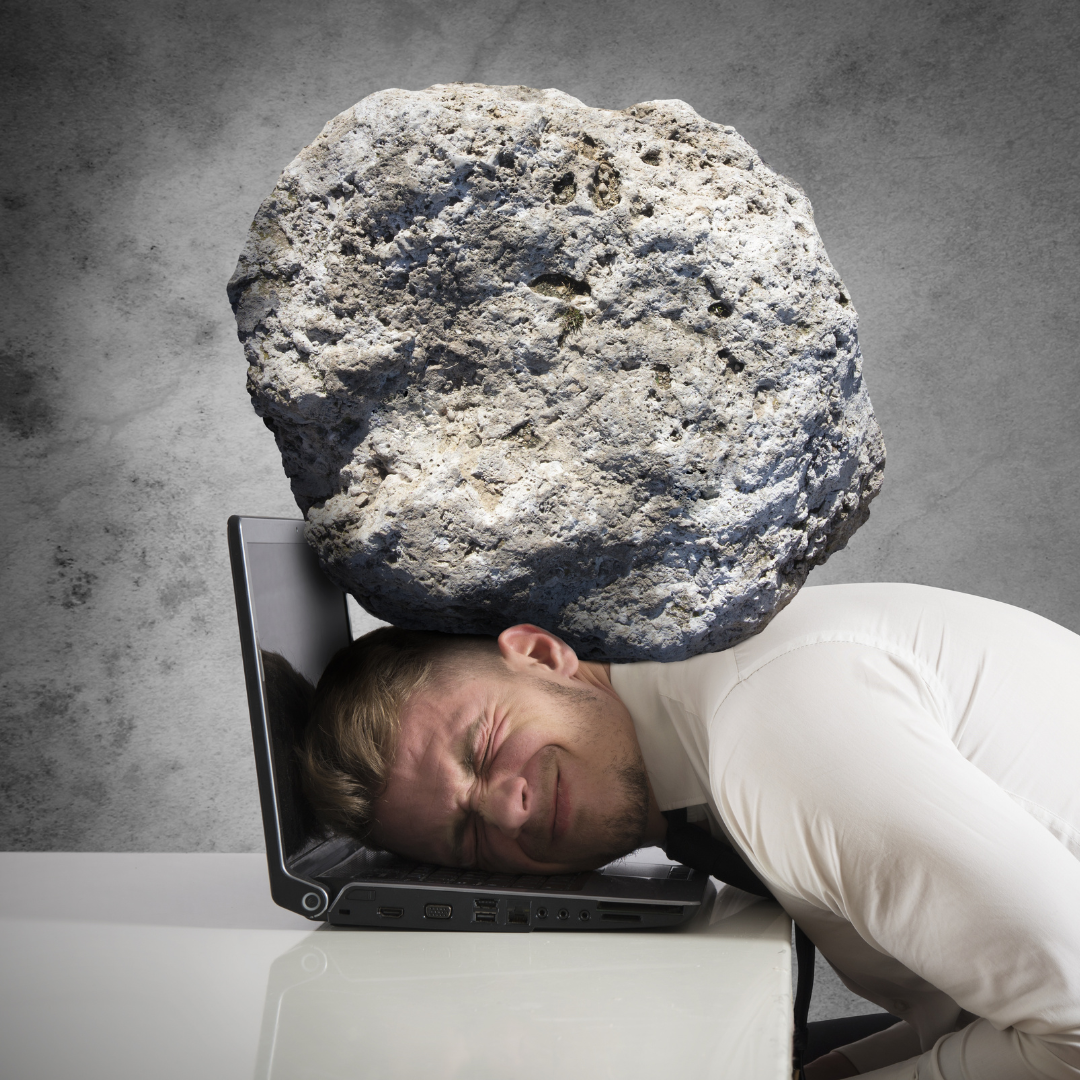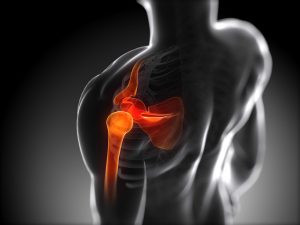Neck pain is a common discomfort that can range from a minor annoyance to a debilitating condition. While it’s often associated with factors like poor posture and muscle strain, there’s another important factor that might be playing a role: stress. In The Stress-Neck Pain Connection, we will delve into the intricate relationship between stress and neck pain and offer practical strategies for managing both effectively.
The Mind-Body Connection: Stress’s Impact on Your Neck
Our bodies have a remarkable ability to respond to stress. When faced with a stressful situation, your body’s fight-or-flight response activates, releasing hormones such as cortisol and adrenaline. This response is crucial for survival, but chronic stress can have long-term effects on your body.
One of the most noticeable physical consequences of stress is muscle tension. When you’re stressed, your muscles tend to contract and tighten, particularly in the neck and shoulders. This ongoing tension can lead to soreness, stiffness, and eventually, chronic neck pain.
Identifying Stress-Related Neck Pain
How can you determine if your neck pain is related to stress? Here are some indicators to look for:
Neck and Shoulder Tightness: If you experience persistent tightness or the sensation of knots in your neck and shoulders, especially during stressful periods, stress may be a contributing factor.
Increased Pain During Stress: If your neck pain worsens or becomes more acute when you’re stressed or anxious, it’s likely that stress plays a role.
Stress-Related Habits: Unconscious behaviors like jaw clenching, teeth grinding, or involuntary tensing of neck and shoulder muscles during stressful moments are common habits that can lead to neck pain.
Effective Stress Management for Neck Pain Relief
The good news is that effectively managing stress can significantly reduce or even eliminate stress-related neck pain. Here are practical strategies to help you get started:
Relaxation Techniques: Incorporate relaxation techniques such as deep breathing exercises, meditation, and progressive muscle relaxation into your daily routine to alleviate muscle tension.
Regular Physical Activity: Engaging in consistent physical activity, such as yoga, tai chi, or a daily walk, can help release built-up muscle tension and promote relaxation.
Stress Reduction Activities: Explore activities that help you relax and unwind, such as reading, listening to soothing music, or spending time in natural settings.
Self-Care Prioritization: Make self-care a central part of your life. Ensure you get sufficient sleep, maintain a healthy diet, and schedule downtime for rejuvenation.
Professional Guidance: If stress-related neck pain persists or worsens, do not hesitate to seek professional help. A qualified healthcare provider or therapist can provide tailored guidance and treatment options.
Results Physical Therapy’s FREE Online Neck Pain & Headache Workshop
Thank you for reading The Stress-Neck Pain Connection. If you are experiencing neck pain, Results Physical Therapy is hosting a FREE Online Neck Pain & Headaches Workshop on Tuesday, October 10th from 5:30pm – 6:30pm. This workshop will provide information on the causes of neck pain and offer practical tips on how to identify the source of your symptoms. The workshop will be led by a master physical therapist with 40 years of experience and is open to anyone who is interested in learning more about neck pain and improving their quality of life.
To register, visit https://workshops.resultsrehab.com/signup




